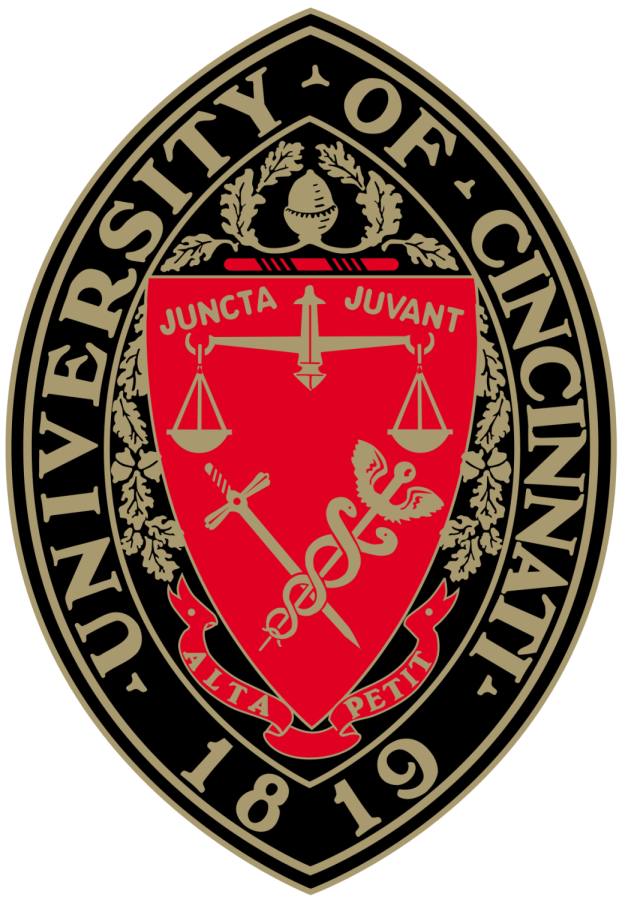By Yichen Dong ’12
My decision to pursue Sociology in Cornell University may seem somewhat strange as my mother is an urban planner and my father is a civil engineer. I have some talents in art and math. However, the fields where my parents established themselves are not my choice. I have my own reasons.
My parents would often take me to see skyscrapers they had designed and show me blueprints of
future ones they had yet to build. Though spectacular, those buildings are like steel monsters that block humans from seeing the sun. Every time I lifted my head to look at those huge structures, I felt intimidated. Many buildings are built only to prove what the newspapers say about the fast growth of GDP. I admit that modernization is important, but humans are the ones who suffer from this. In this bustling metropolis, countless people are leading a life as ants, unimportant and unnoticeable, receiving very little salary and renting less than 10 square meters space to live. I once asked my parents what happened to the original residents after their neighborhoods were leveled and replaced by these magnificent high-rises. The answer was they had to move farther to the peripheries where they could afford their shelters.
It dawned on me that the development of a city or even a nation is not about how fast its GDP grows and how fancy it’s skyscrapers are, but about the individual’s tangible benefits. Nowadays, there are more and more irreversible human effects on the globe, such as urbanization, global warming, and the depletion of energy resources. Therefore, we should not only focus on how to build higher buildings but to ensure that development raises living qualities and sustains the environment.
Upon understanding how human activities are able to influence the environment, I wanted to use a scientific method to investigate it. I gained a chance to participate in a research project by the Chinese Academy of Social Sciences investigating the energy consumption of Chafang Village in Sichuan Province. Through calculating the energy consumption in rural areas of China, we can predict climate change and potential solutions. This particular village was chosen because it was completely destroyed in the Sichuan earthquake and subsequently rebuilt along completely modern lines.
I was mainly responsible for handing out questionnaires door to door, and translating the papers to English. I made friends with villagers who told me that they did not like the modernized buildings where toilets waste lots of water and the lighting of the buildings seemed to never end. They would rather return to their original life style in which farming and drawing water from wells were the mainstays of small town life.
Policy makers are chasing something that is unreal and impermanent, and meanwhile ignoring things of paramount importance. I wish to study sociology because it is a subject adopting scientific methods to investigate the impact of social changes on individuals. We have to stop blind pursuit of growth and refocus on what will truly benefit us.









